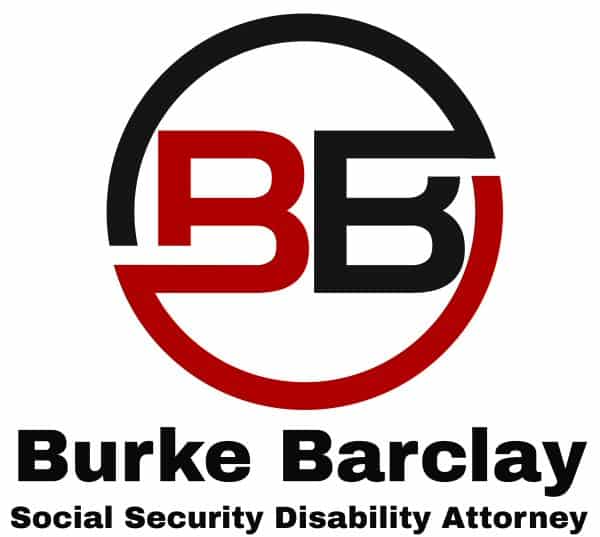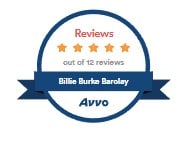How To Best Prepare For Your SSD Hearing
How To Best Prepare For Your Social Security Disability Hearing
You’ve been waiting for a year or more to tell your case to the judge and explain how you are disabled and unable to work. But, do you know how your hearing will proceed and have you prepared to put your best foot forward?
Here’s some tips to help “your day in court” go as smooth as possible.
1. Make absolutely sure all your medical records are up to date and have been submitted to the hearing office.
Without these medical records, it is very unlikely you will receive a favorable decision from the judge. Medical records are the most important part of your case. A judge cannot rule in your favor unless the medical evidence (your medical records) support your claim that you are disabled. I can’t stress this enough. Look at the CD that was supplied, check all your medical records and make sure there are none missing.
2. Understand what it really means to be disabled and work from that perspective instead of just pleading your physical or mental impairments.
In essence, change your mind set: Being disabled does not mean you have a severe condition or conditions… that is only part of the equation. It means that even despite your conditions, are you still able to do some type of work? If you can, then you are not disabled. If you cannot, then you are disabled.
Try this instead: Look to see how your condition or illness affects your ability to walk, stand, sit, raise your arms, be around other people, work with the public, etc. That is what you need to be telling the judge in your case. The more limitations you show physically and/or mentally, the less jobs you are capable of performing and the harder it will be for the Vocational Expert to come up with one.
3. Prepare for the Vocational Expert.
There will be a person in your hearing who is responsible for telling the judge what jobs you are capable of performing. If the judge does not list all of your limitations, then you can ask the Vocational Expert if there would still be jobs available you could perform with the additional limitations you list. The judge is then free to either accept or reject those additional limitations. And, if your medical records do reflect those limitations and the judge denies your case, then you have a basis upon which to file an appeal.
4. Practice speaking to the judge.
I see it almost every time. You think you are going to be just fine when answering the judge’s questions, but when you get inside the hearing room, things are always different. You will be intimidated even though the judge is not trying to intimidate you. You will be nervous and your mind will either freeze up or will be going 100 miles an hour. You will forget all the things you needed to say. Thus, the more practice you can do telling the judge everything that is wrong with you, the better off you will be on your hearing day. You need to prepare for your SSD hearing.
5. Reference in your medical records when describing your impairments or conditions.
Do this: “Judge, if you will look at Exhibit 5F, Page 3, in my medical records, you will see where my treating physician specifically said that I am not able to stand for more than 20 minutes at a time. And, if you will look at Exhibit 6F, Page 27, you can see where my treating physician prescribed me a cane. And in fact, that is the same cane in which I am using today.”
By doing this, your hearing is being recorded and when the judge listens back to the hearing, he or she will then go back and look at those exhibits you listed and will make note of them. If he or she decides to use those records to support a decision, then you just made his or her case that much easier.
6. Keep going to the doctor and/or keep acquiring medical evidence before your hearing.
If you are asking the judge to make a decision based on medical records you have from three years ago, then prepare for a denial. You will be denied if that is the best you could do for medical evidence. Even if you have to find cheap or free medical care, then just do it. The judges understand you are broke, but they are not understanding if you are not seeking current medical treatment for your condition. If you don’t care about getting better, then it is very unlikely they are going to care to award you benefits. At least show you are trying to better your medical condition. This is how to best prepare for your SSD hearing.
I hope this helps. If you are a claimant in Texas or California, we help those fighting for their Social Security disability benefits. You may always call us at: (888) 780-9125.
You Need an Experienced Social Security Disability Lawyer
We represent claimants fighting for their Social Security disability benefits throughout Texas and California. Contact the Law Office of Burke Barclay for a highly experienced Social Security Disability Lawyer in Dallas, Texas
"Experienced Social Security Disability Lawyer representing clients throughout the United States who either need to initially file for their Social Security disability benefits or have been denied at one of the various stages throughout the process to give them the best chances of success."
Business Address
The Law Office of Burke Barclay
3838 Oak Lawn Ave.
Suite 1000
Dallas, TX 75219
Business Hours
Monday - Friday
8:00 AM - 5:00 PM





